When the economy tanks, most folks think about empty store shelves and worthless money. But there’s a whole world of dangers lurking just beneath the surface. Historical economic data and firsthand experiences from places where economies have crumbled show us that the threats you haven’t considered are often the ones that’ll catch you off guard.
This list explores those hidden dangers – the ones that don’t make headlines but could turn your world upside down. Buckle up, because knowing these could be the difference between thriving and barely surviving when the financial house of cards comes tumbling down.
Prescription Drug Shortages
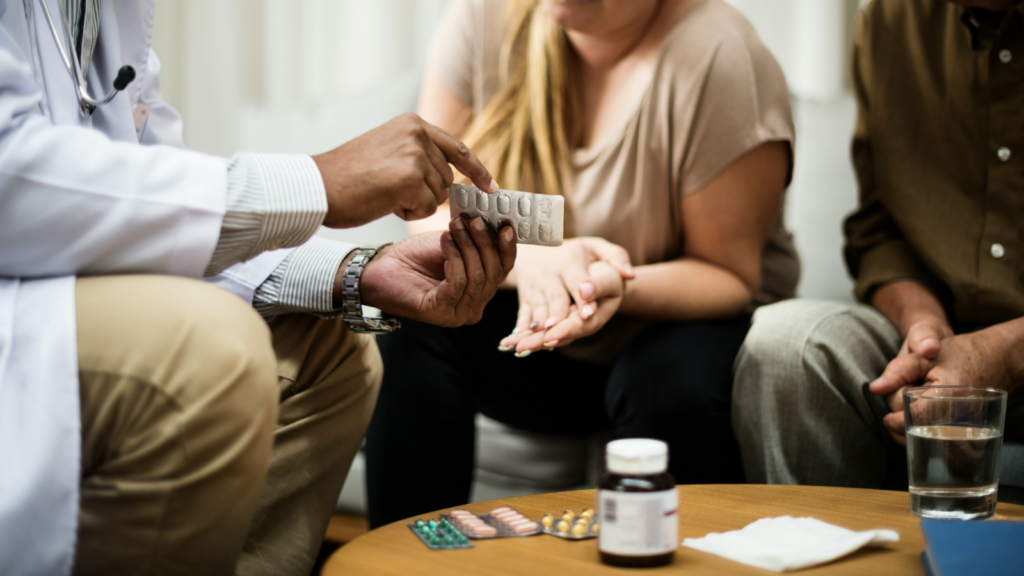
When supply chains break, life-saving medications can vanish overnight. In Venezuela’s economic crisis, 85% of essential medicines became unavailable. Stockpile critical meds and research natural alternatives. Consider fish antibiotics as a last resort – they’re chemically identical to human versions but should only be used in dire emergencies. Build relationships with local pharmacists now; they might be able to give you a heads-up about impending shortages or help you find alternatives when the time comes.
Rapid Spread of Misinformation
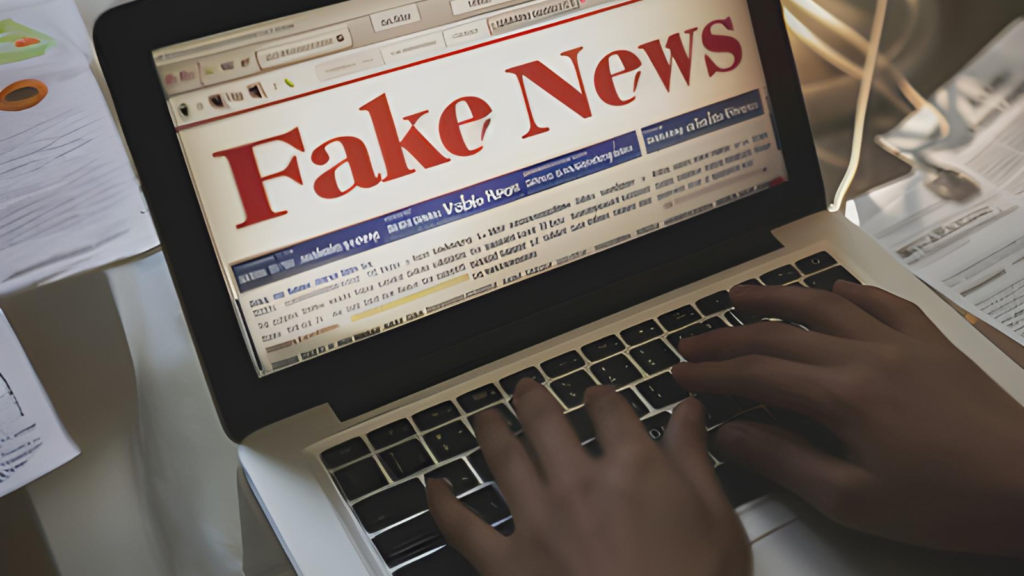
In times of chaos, false information spreads like wildfire. During Argentina’s 2001 economic crisis, rumors of bank runs caused actual bank runs. Cultivate a network of trusted information sources now. Learn to fact-check and cross-reference news to avoid making panic-driven decisions based on lies. Consider setting up a community information hub where verified news can be shared and discussed, helping to combat the spread of dangerous rumors.
Unexpected Urban Migration

When jobs disappear, city dwellers often flee to rural areas. This sudden population shift can strain resources in small communities. After the 2008 crisis, some rural US towns saw population spikes of up to 20%. Prepare for potential newcomers by increasing your food production and considering community defense plans. Develop a strategy for integrating useful skills from newcomers into your community; their urban expertise might complement rural know-how in unexpected ways.
Surge in Home Invasions

Desperate times breed desperate actions. During Greece’s economic crisis, home invasions rose by 125%. Beef up your home security now. Install sturdy locks, reinforce doors, and consider safe rooms. Remember, visible deterrents can be as effective as hidden defenses. Practice situational awareness and vary your routines to make yourself a harder target; predictability is a vulnerability that desperate people can exploit.
Collapse of Waste Management
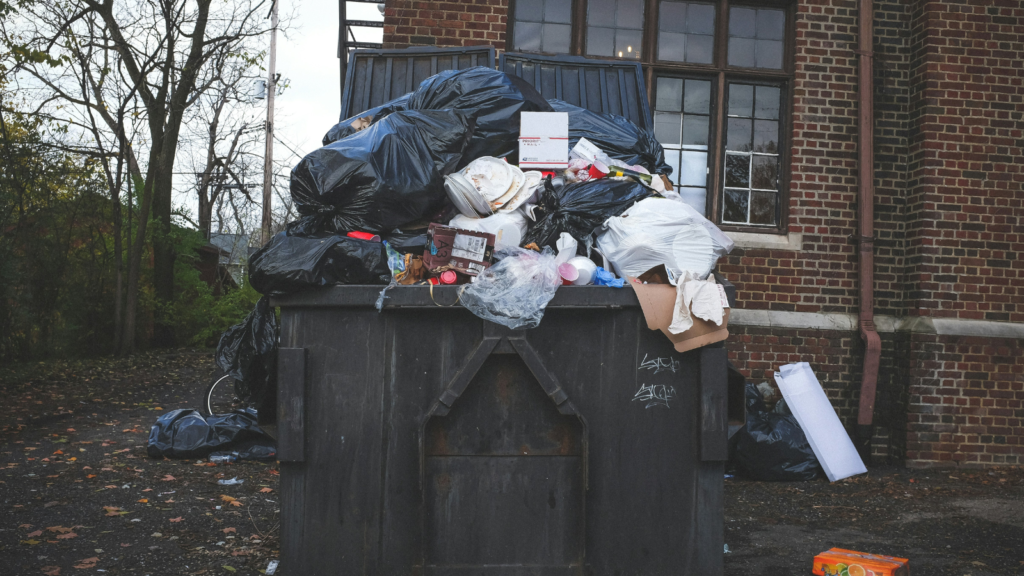
When municipal services fail, trash piles up fast. In Lebanon’s ongoing crisis, garbage mountains have grown 30 feet high in some areas. Learn composting and minimalist packaging techniques now. Improper waste management leads to disease outbreaks, so this is crucial for long-term survival. Master the art of upcycling; in a collapse scenario, your trash might become your most valuable resource for creating tools, shelter, or barter items.
Unexpected Food Allergies

As food options become limited, people may be forced to eat things they’re not used to. New allergies can develop suddenly, even in adults. In Cuba’s “Special Period” crisis, unfamiliar foods led to a spike in allergic reactions. Stockpile antihistamines and epinephrine if prescribed. Learn to identify signs of anaphylaxis – it could save a life. Practice cooking with alternative ingredients now, so you’re prepared to safely adapt your diet when familiar foods become scarce.
Surge in Alcoholism and Substance Abuse

Economic stress often drives people to unhealthy coping mechanisms. Russia saw a 43% increase in alcohol consumption after its 1998 financial crisis. Prepare by learning counseling skills and stocking up on resources for addiction recovery. In a collapse, community mental health becomes everyone’s responsibility. Learn to make non-alcoholic beverages from local ingredients; providing safe alternatives can be crucial in supporting those struggling with addiction.
Rapid Spread of Conspiracy Theories

Uncertain times breed outlandish explanations. After the 2008 crash, belief in economic conspiracy theories rose by 25% in some areas. This can lead to dangerous mob mentalities. Educate yourself on critical thinking skills and the psychology of conspiracy beliefs. Being able to calmly debunk false narratives could prevent violence in your community. Develop strategies for redirecting conspiracy-fueled energy into productive community efforts; sometimes, the need to “do something” can be channeled positively.
Breakdown of Legal System

When economies crash, court systems often follow. In Greece, civil court cases took up to 15 years to resolve during their crisis. Learn basic contract law and conflict resolution techniques. In a functioning society, you call a lawyer. In a collapse, you might have to be the lawyer. Study historical examples of community-based justice systems; you might need to help establish one in your area if formal legal structures disappear.
Self-Harm Clusters

Economic hardship can trigger waves of suicides. During the Great Depression, people ended their life at a rate that increased by 22.8%. Learn to recognize warning signs and basic mental health first aid. Stock up on crisis hotline numbers — they might operate longer than you’d expect. Your awareness could save a neighbor’s life. Create a community support network now; having a strong social fabric can provide crucial emotional support during hard times.
Rapid Spread of Bartering Economy

Cash becomes worthless, and bartering takes over. In post-Soviet Russia, 50% of economic transactions were barter-based for years. Start learning the true value of goods and services now. Acquire skills that will be in high demand. Remember, in a barter economy, a skilled plumber might eat better than a former CEO. Practice bartering at local swap meets or online forums; understanding the psychology of trade will be invaluable when it becomes your primary economic system.
Unexpected Wildlife Encounters

As municipal services decline, wildlife often moves into urban areas. During Argentina’s 2001 crisis, cougars were spotted in suburbs seeking easy prey like pets. Learn about local wildlife and how to deter them. Stock up on bear spray – it works on more than just bears. Learn tracking skills; being able to read animal signs can help you avoid dangerous encounters and potentially provide a new food source.
Surge in Preventable Diseases
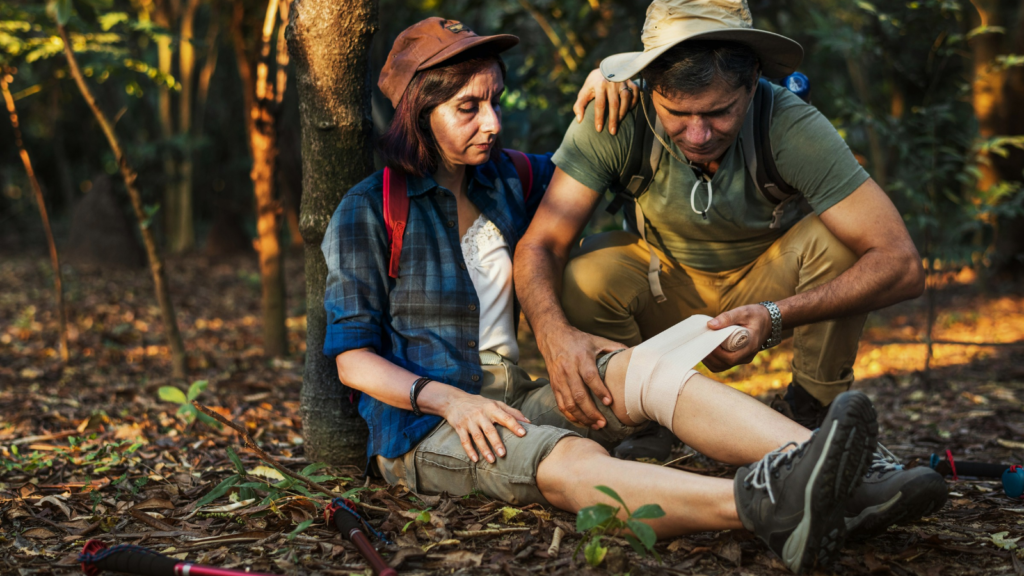
When healthcare systems falter, once-rare diseases can resurge. Venezuela saw a 70% increase in malaria cases during its economic crisis. Learn basic medical skills and stock up on preventive medicines. Knowing how to purify water and administer basic first aid could be the difference between life and death. Study historical remedies used before modern medicine; while not all are effective, some traditional cures might become valuable when pharmaceuticals are unavailable.
Rapid Deterioration of Infrastructure
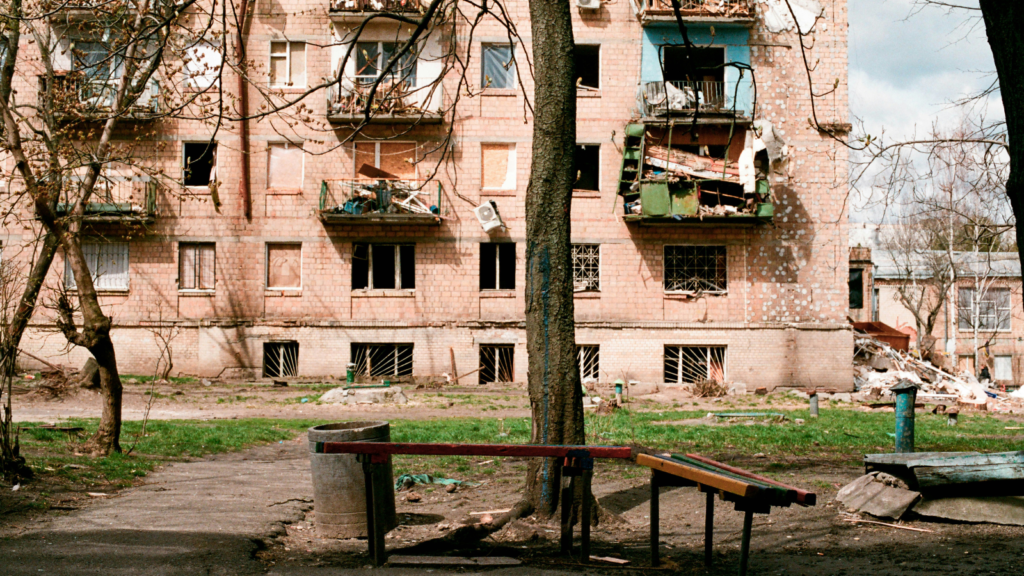
Maintenance stops when money runs out. In Detroit’s bankruptcy, 40% of streetlights stopped working. Learn basic electrical and plumbing repairs. Stock up on infrastructure materials like water filters and solar panels. Your ability to maintain basic services could make your home a haven in a crumbling world. Develop relationships with local tradespeople now; their knowledge will be invaluable, and you might be able to barter for their expertise in a collapse scenario.
Unexpected Soil Depletion
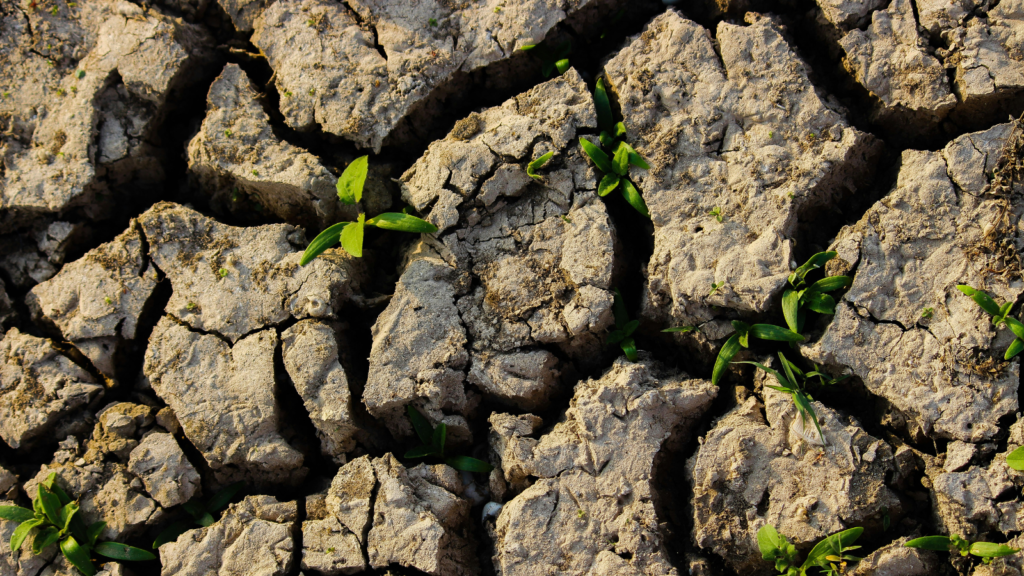
In desperation, people often over-farm available land. During the Soviet collapse, soil quality in many areas dropped by 30% in just a few years. Learn sustainable farming techniques and stock up on natural soil amendments. Your long-term survival depends on your ability to keep producing food year after year. Master the art of seed saving; in a prolonged crisis, the ability to produce your own viable seeds could make you an invaluable community resource.
Surge in Cyber Crime

As legitimate economic opportunities disappear, online scams proliferate. Greece saw a 280% increase in cyber crime during its economic crisis. Learn robust digital security practices now. In a collapse, your digital assets might become your most valuable possessions. Consider learning ethical hacking skills; understanding how attacks work is the best way to defend against them, and these skills could be highly valuable in a post-collapse world.
Rapid Spread of Anti-Intellectual Sentiment

Economic hardship can breed distrust of experts and education. In extreme cases, this led to targeting of intellectuals, as seen in Cambodia’s Khmer Rouge period. Preserve important books and educational materials. Your knowledge and ability to teach others could become invaluable community assets. Learn to present complex ideas simply; the ability to make expert knowledge accessible could protect you and make you an essential community member.
Unexpected Shifts in Social Norms

Economic collapse can rapidly change societal rules. In post-Soviet Russia, the unwritten social code changed so fast that a whole generation felt lost. Stay flexible in your thinking and be prepared to adapt quickly. What was taboo yesterday might be necessary for survival tomorrow. Study anthropology and cultural adaptation; understanding how and why societies change can help you navigate shifting norms more effectively.
Surge in Malnutrition-Related Mental Health Issues

Lack of proper nutrition doesn’t just affect the body. Studies show that deficiencies in omega-3 fatty acids can increase depression rates by up to 30%. Stock up on nutrient-dense foods and supplements. In a collapse, your mental resilience is just as important as your physical strength. Learn about foraging for nutritionally dense wild foods; nature’s pharmacy might become your best source of vital nutrients when supply chains fail.
Rapid Spread of Improvised Weapons
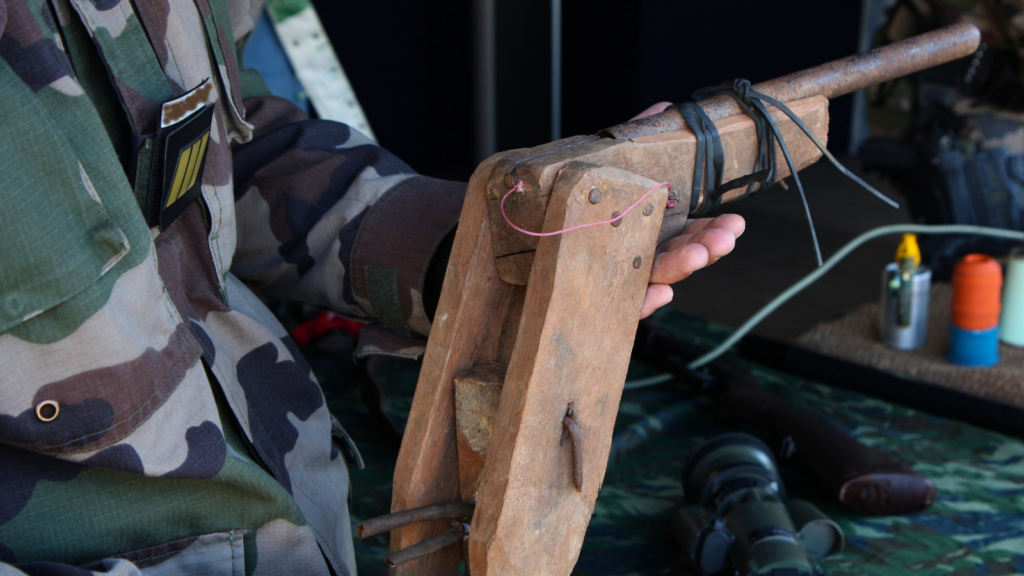
When conventional weapons become scarce, people get creative. In Brazil’s favelas, homemade guns became common during economic downturns. Learn to recognize potential weapons and how to defend against them. Sometimes, the biggest threat isn’t the gun, but the desperate ingenuity behind it. Study improvised armor and defensive structures; knowing how to protect yourself from unconventional weapons could be just as important as knowing how to use them.
Unexpected Patent Medicines and Quackery

As healthcare becomes inaccessible, fake cures proliferate. During the Great Depression, traveling “medicine shows” scammed countless desperate people. Learn to critically evaluate medical claims and study genuine herbal medicine. Your ability to distinguish real remedies from snake oil could save lives. Develop a working knowledge of the placebo effect and the power of belief in healing; understanding these principles can help you navigate a world where the line between medicine and faith becomes blurred.

